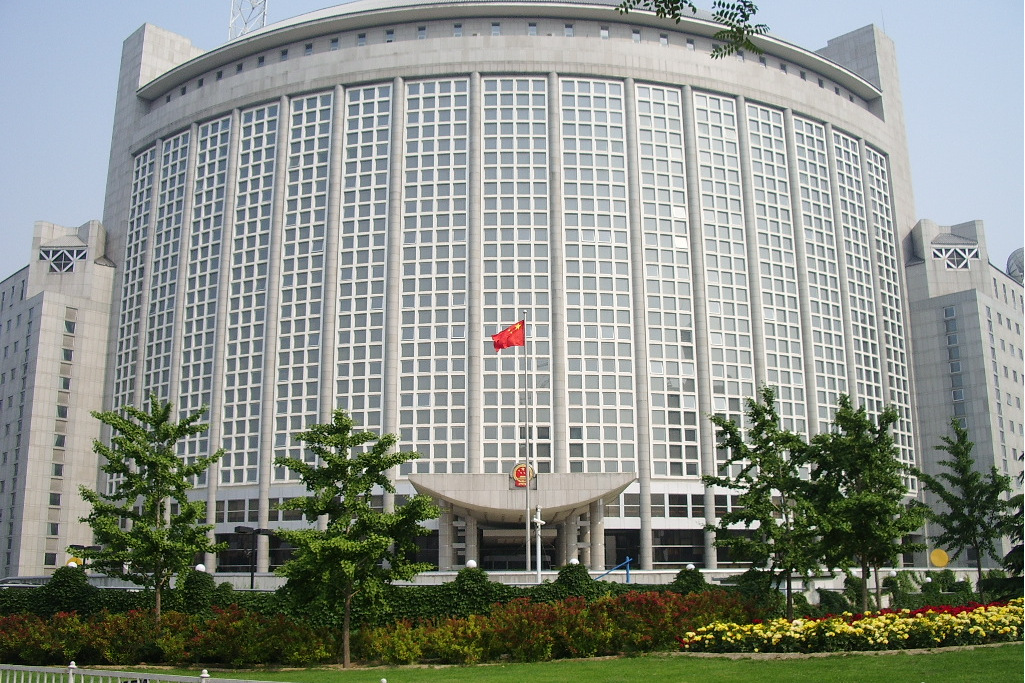
On 17 May 2024, China’s Supreme People’s Court, Supreme People’s Procuratorate, Ministry of Public Security, and China Securities Regulatory Commission jointly issued the “Opinions on Several Issues Concerning the Handling of Securities and Futures Violations” (关于办理证券期货违法犯罪案件工作若干问题的意见, hereinafter referred to as the “Opinions”).
The Opinions consist of 31 articles aimed at cracking down on securities and futures violations, improving the working mechanism that integrates administrative law enforcement with criminal justice, and safeguarding the healthy development of the capital market.
The highlights of the Opinions are as follows:
- First-instance cases of securities and futures crimes shall be subject to the jurisdiction of the intermediate people’s courts, prosecuted by the people’s procuratorates at the same level, and investigated by the police authorities at or above the prefectural (municipal) level.
- If the securities and futures regulator, in the course of administrative law enforcement, fails to obtain evidence directly proving securities and futures violations but finds other evidence that is highly related to the violation, mutually corroborative, and together forming a chain of evidence, the regulator can determine the facts of the violation based on the preponderance of the evidence standard.
- The police authorities, people’s procuratorates, and people’s courts should ensure that the facts of the crime are clear and the evidence is credible and sufficient when handling cases of securities and futures crimes. Where the evidence is credible and sufficient, the facts of the case can be decided without the confession of the suspect or defendant.
Photo by Wang xiaoqi on Unsplash
Contributors: CJO Staff Contributors Team









